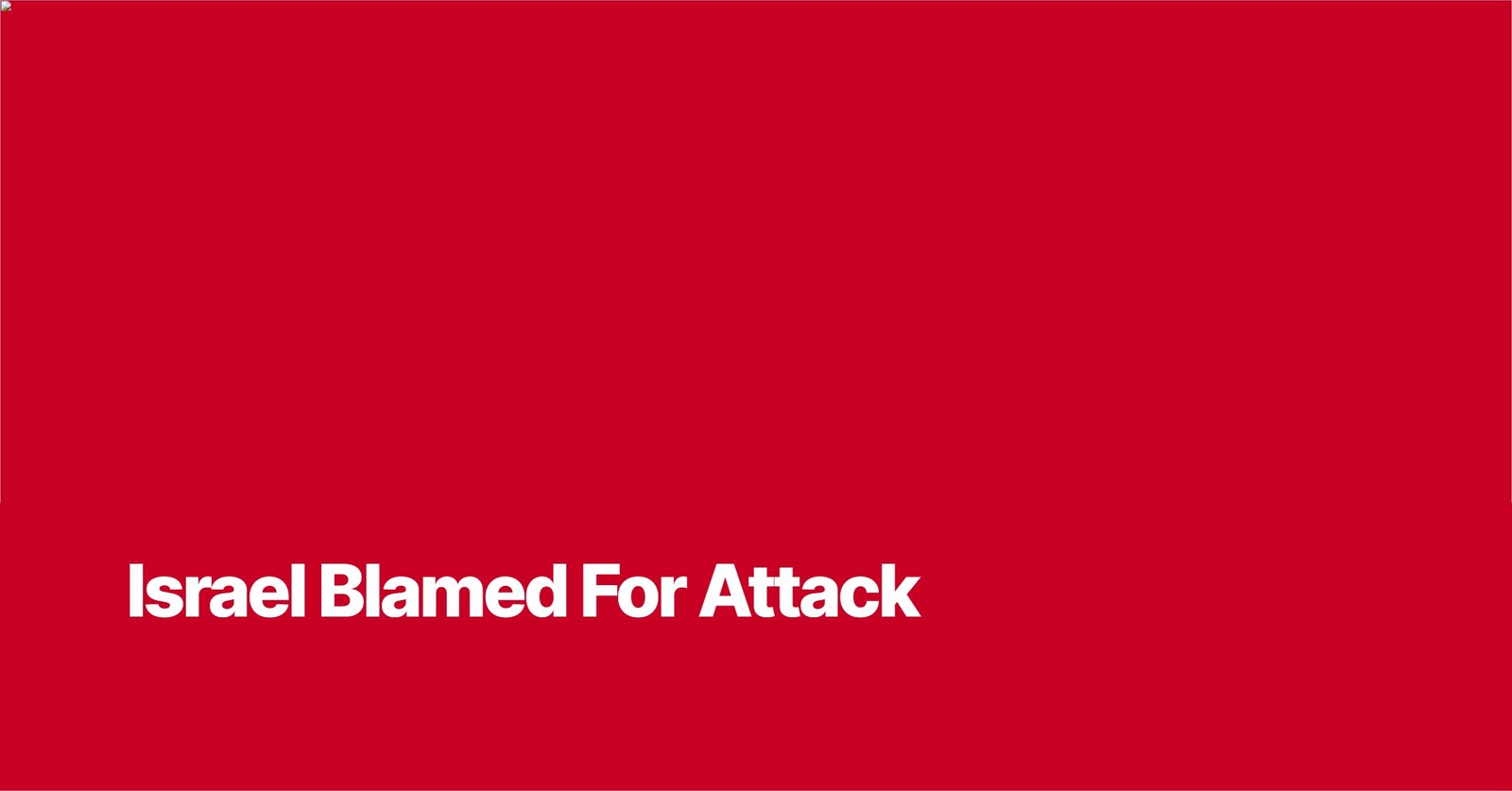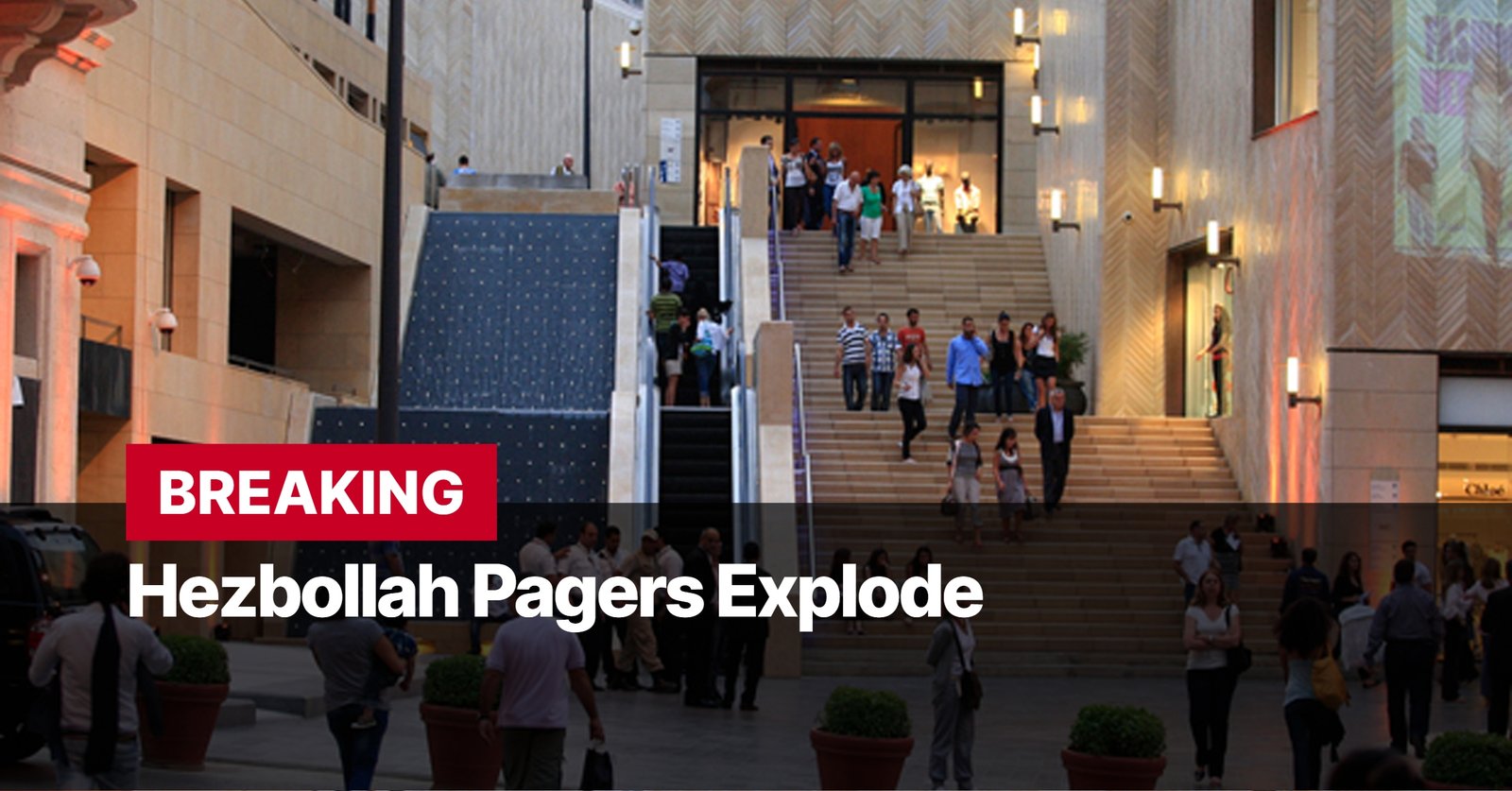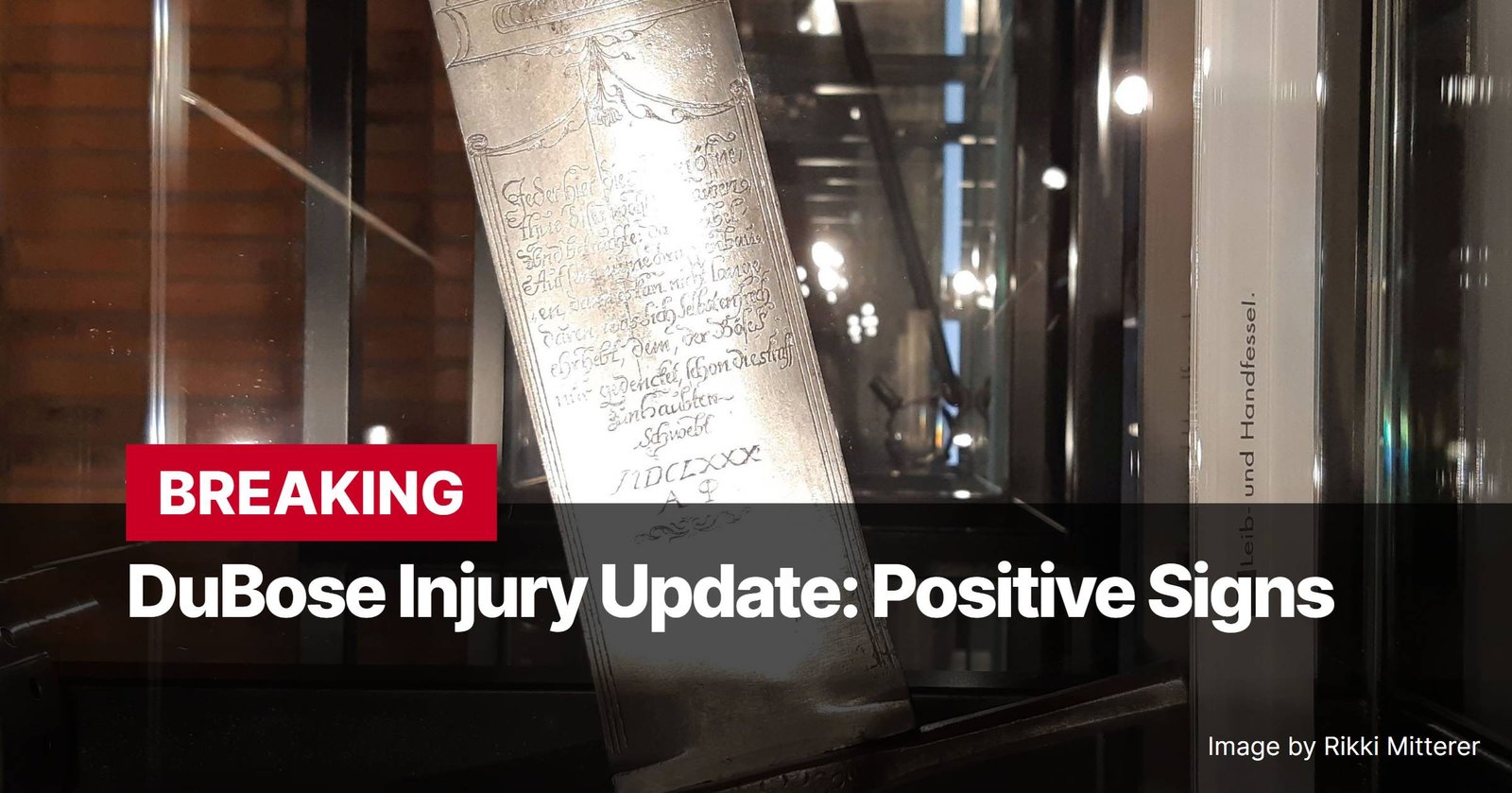Beirut, Lebanon – In a shocking incident that has sent ripples of fear and anger through Lebanon, hundreds of handheld pagers used by members of the militant group Hezbollah exploded near-simultaneously on Tuesday, September 17, 2024, resulting in at least nine deaths and thousands of injuries. The Lebanese government and Hezbollah have squarely blamed Israel for the attack, accusing them of orchestrating a sophisticated remote detonation operation. Israel has declined to comment on the incident.
The Explosions and Their Aftermath
The wave of explosions occurred in the afternoon, catching people off guard as they went about their daily routines. Pagers reportedly began to heat up before detonating, causing scenes of chaos and panic in areas where Hezbollah has a significant presence, including Beirut’s southern suburbs, the Beqaa region in eastern Lebanon, and even Damascus, Syria. Hospitals were quickly overwhelmed with the influx of wounded, many suffering from severe injuries to their faces, hands, and abdomens.
Lebanese Health Minister Firas Abiad reported at least nine deaths, including an 8-year-old girl, and approximately 2,750 injuries, with 200 in critical condition. Hezbollah confirmed the deaths of at least eight of its members, including the son of a Hezbollah member of Parliament. Iran’s ambassador to Lebanon was also among the wounded, sustaining superficial injuries.
Hezbollah Accuses Israel, Vows Retaliation
Hezbollah swiftly issued a statement condemning the attack and placing full responsibility on Israel, calling it a “criminal aggression that also targeted civilians.” They vowed that Israel would “for sure get its just punishment.” This accusation comes amidst an already tense period of cross-border fighting between Israel and Hezbollah, which has been ongoing for 11 months following the Hamas attack on Israel on October 7, 2023.
Pagers as a Replacement for Cellphones
The pagers that exploded were reportedly acquired by Hezbollah after their leader, Sheikh Hassan Nasrallah, ordered members to stop using cellphones in February due to concerns about Israeli surveillance. A Hezbollah official revealed that the pagers were a new brand but declined to specify how long they had been in use. The Taiwanese company Gold Apollo, whose brand was authorized for the AR-924 pagers, clarified that production and sales were handled by a separate company called BAC.
Suspicion of a Sophisticated Operation
Experts believe the pager explosions indicate a meticulously planned operation, potentially involving the infiltration of the supply chain to rig the devices with explosives before they reached Lebanon. Sean Moorhouse, a former British Army officer and explosive ordnance disposal expert, suggested that a small amount of explosive, possibly as small as a pencil eraser, could have been planted in the devices.
Elijah J. Magnier, a senior political risk analyst, shared insights based on conversations with Hezbollah members who examined unexploded pagers. He posited that an error message sent to all devices, causing them to vibrate, might have been the trigger. Users would have instinctively clicked buttons to stop the vibration, inadvertently detonating the hidden explosives.
Escalation Fears and International Concern
The pager bombings have heightened anxieties about security vulnerabilities within Hezbollah and raised fears of a further escalation in the conflict with Israel. Israeli officials have recently threatened to escalate their engagement with Hezbollah, and the pager attack is likely to fuel these intentions.
Jeanine Hennis-Plasschaert, the U.N. special coordinator for Lebanon, expressed strong condemnation of the attack, calling it an “extremely concerning escalation” in an already volatile situation. The United States, while stating it was not aware of the incident in advance and was not involved, expressed concern and said it was gathering information.
Historical Context of Israeli Operations
Israel has a history of carrying out complex operations beyond its borders, including targeted killings and cyberattacks. Recent examples include separate Israeli airstrikes in Beirut that killed Imad Mughniyeh in 2008 and Samir Kuntar in 2015. A mysterious explosion in Iran in 2020, also attributed to Israel, killed Mohsen Fakhrizadeh, a top Iranian nuclear scientist.
Implications for the Israel-Hezbollah Conflict
The pager bombings are likely to intensify Hezbollah’s concerns about security and communication as the conflict with Israel continues. The near-daily exchanges of fire have already caused significant casualties and displacement on both sides of the border. Israel has recently indicated that halting Hezbollah’s attacks in the north to allow residents to return home has become a priority, signaling a potential shift in focus from Gaza to Lebanon.
The attack also comes in the wake of a reported foiled Hezbollah plot to kill a former senior Israeli security official using a remotely detonated explosive device. These incidents, coupled with the pager bombings, point to a precarious situation that could easily spiral into a larger-scale conflict.
The Road Ahead
The aftermath of the pager explosions leaves Lebanon facing a multitude of challenges. The injured require extensive medical care, and the psychological impact on the population will be significant. Hezbollah’s vow of retaliation against Israel raises the specter of further violence. The international community has expressed concern and called for de-escalation, but the path to stability in the region remains fraught with uncertainty.
Conclusion

The coordinated pager attack against Hezbollah marks a significant escalation in the ongoing tensions between the group and Israel. The incident has resulted in numerous casualties, heightened fears of further violence, and raised concerns about the security vulnerabilities of organizations operating in the region. The international community is closely monitoring the situation, hoping to prevent a wider conflict. However, the path forward remains uncertain, and the potential for further escalation remains high.



















